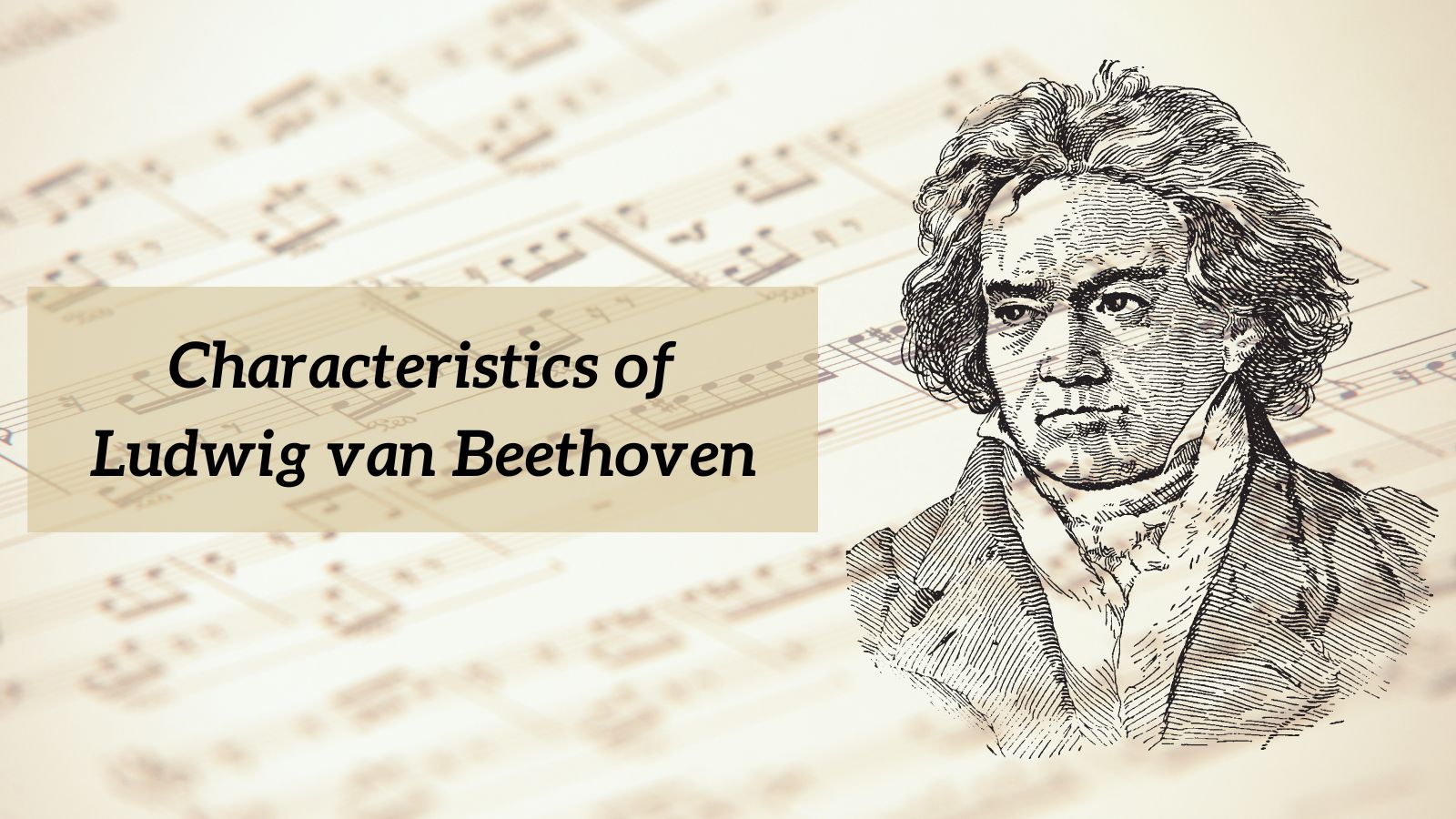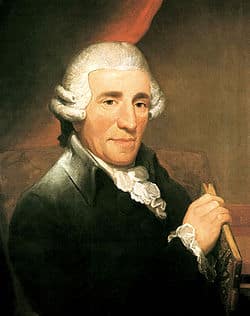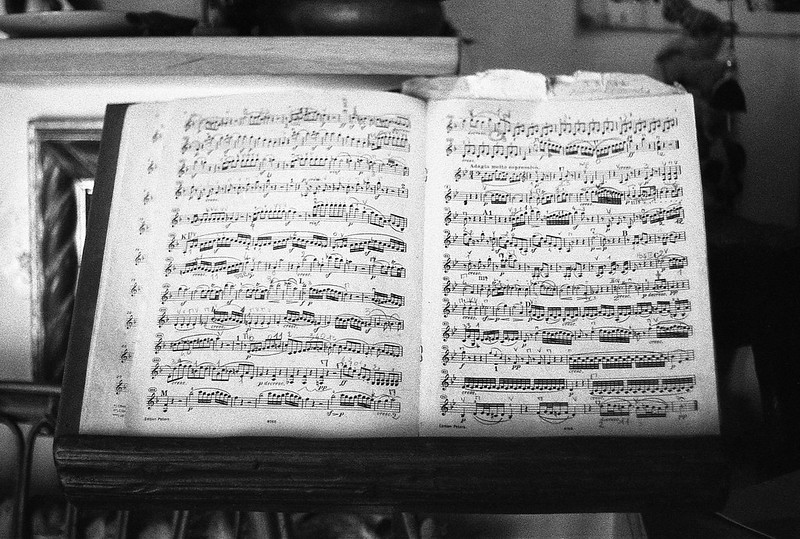
Ludwig van Beethoven was one of the most influential and important composers whose life spanned the Classical and Romantic periods.
His life began in Bonn, Germany in 1770. He was one of three brothers born to Johann and Maria Magdalena Beethoven. It is widely accepted that the home in which Beethoven was born was not a happy one.
His father was a court musician of some standing, known for having a fine tenor voice.
Whilst his position at court provided the family with a modest living, Johann also taught singing and piano to supplement the wage. Johann was an ambitious man, a cruel man fuelled by an addiction to alcohol.
Ludwig displayed his remarkable musical facilities at an early age. Johann was quick to recognise the unique abilities of his son and perhaps more importantly his earning potential.
Johann would have been familiar with the huge success that Leopold Mozart had enjoyed with young Narnerl and Wolfgang Mozart. If Ludwig could follow in these ennobled footsteps, what riches and fame could the future hold?
According to some sources Johann behaved in an unpleasant way towards the young Ludwig denying him meals if he had not practised sufficiently or made great progress.
Johann’s ambitions for Ludwig were quite quickly brought to fruition and he secured concerts and eventually a job as an organist.
The pressure that Ludwig must have been under would have been intolerable but, as Beethoven himself commented, these terrible days carved him into the astonishing musician he would become.
By having a background to Beethoven’s early life, the characteristics of his music become all the more sharply clear.
Characteristics of Ludwig Van Beethoven
Ludwig’s early successes were not to be his trajectory forward for very long. Beethoven’s Mother was already in a weakened state and his father’s alcoholism was causing even more problems for Ludwig and his brothers.
Johann by the time Ludwig was an adolescent, could no longer sustain his employment so it fell heavily to Beethoven to earn enough money to keep the family afloat. This he did by giving performances and teaching piano and violin.
Understandably the frustration that Ludwig must have felt through these years, together with the burning bitterness towards Johann must have been unbearable.
Without another effective outlet for these emotions, Beethoven pours them into his compositions.
Like a stream of unspoken traumas, dreams and emotions, Beethoven’s music allow him to express himself to an extent that perhaps no other medium could.
I should add quickly, that not all Beethoven’s compositions are angst-ridden and boiling with hatred. Instead, the music represents not only the full gamut of human experiences but strength and belief in the enduring human spirit.
Beethoven’s music, almost from the outset is erudite, solid and utterly focused. For a short time, Beethoven studied with Joseph Haydn. Haydn admired the young composer’s abilities and as far as we know, encouraged and supported his ambitions

Beethoven is thought to have denied learning anything from the great master, but in his early keyboard works, there is the influence of Haydn.
Perhaps what Beethoven was alluding to if he indeed said that, was that he had already got a clear musical direction in which he planned to head, with much to express and compose, and he would have followed this path with or without Haydn.
From the late Classical style of his early period works, Beethoven quickly began to transition towards ideals and aspirations that would become associated with the Romantic movement.
Even in these formative compositions, we hear the characteristics of a later Beethoven.
A quick listen to the First Piano Sonata (Op.2; No.1 – 1795), we hear a marked intensity and flexing of structure that became a hallmark of the composer’s work. Whilst Haydn is there in the background, Beethoven’s voice is very apparent.
As we move forward in time we find Beethoven’s increasing interest in motivic development that he used to expand the form of his work and bring tight coherence to a movement, or even later to an entire work.
This was a significant step away from the Classical use of thematic material and heralded the music of the future like Berlioz and Liszt. Beethoven’s music, notably in his piano works, is increasingly virtuosic.
As middle-period works, the C# Piano Sonata (Op.27, ‘The Moonlight’), and the A Flat Piano Sonata (Op.26), demonstrate new approaches to sonata form and dramatic content.
By the time Beethoven is settled into the middle period we discover him growing in creativity and skill.
It is in this time frame that works like the Third Symphony (‘Eroica’), the outstanding ‘Rasumovsky String Quartets’, and the epic ‘Waldstein Piano Sonata’ (Op.53).
Not only do we find that Beethoven is weaving folk melody into his string quartets, but that the tonic-dominant key relationships that shored up the Classical period have all but vanished in Beethoven’s harmonic imagination.
His music becomes increasingly complex structurally with ever more emphasis placed on the development of his musical material. The dynamism in his scores is electric, compelling and at times deeply troubling.
There is a restlessness in much of this music that feels as if Beethoven is working out his lifelong emotional turmoil. Still, even in the eye of the storm, Beethoven leaves a place for the heroic.
Beethoven never had much luck with love or with many aspects of life including his health. As he enters the late period of his creative life, Beethoven’s deafness becomes permanent.
It is almost impossible to know how consuming this condition must have been for him, and this was only one of the awful health concerns Beethoven had.
Beethoven was greatly fatigued following years of hard work and by 1814 his composing had fallen to one side. This was not however a fallow period of his life.
A rich lyricism perhaps in part by his increasing love of folksong dominates many of the works from this period. A universal spirituality underpins compositions such as the great Ninth Symphony with the setting of Schiller’s ‘Ode To Joy’.
The late String Quartets surpass anything Beethoven had composed before in terms of emotional intensity as well as structural ingenuity. Beethoven was looking back to the past but always with an eye on the future.
Contrapuntal textures surfaced including fugues, and Beethoven pushed variation form to breaking point. Large muscular forms built on small memorable motifs, wrapped in heart-breaking lyricism in a small way encapsulate the wonderful music of Beethoven.


